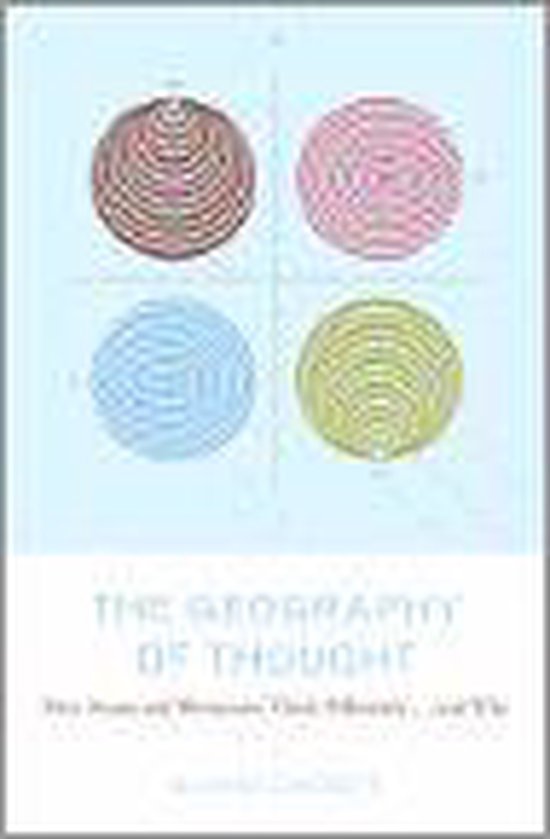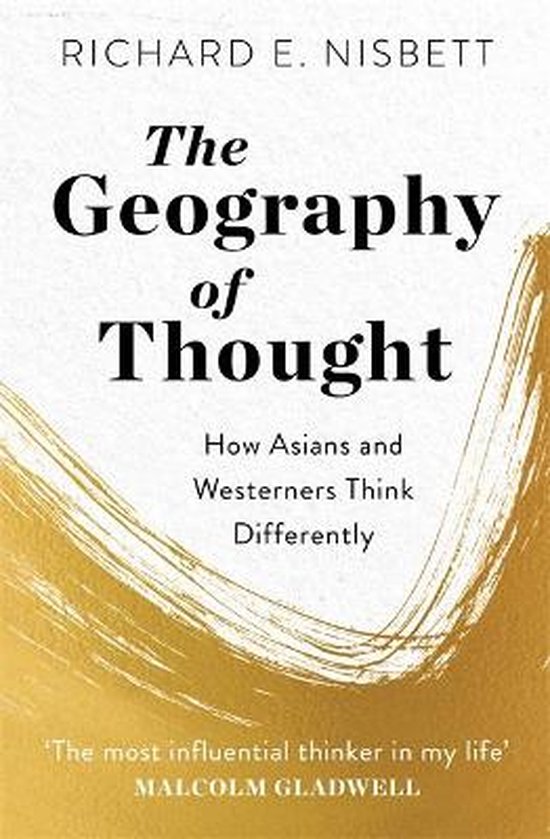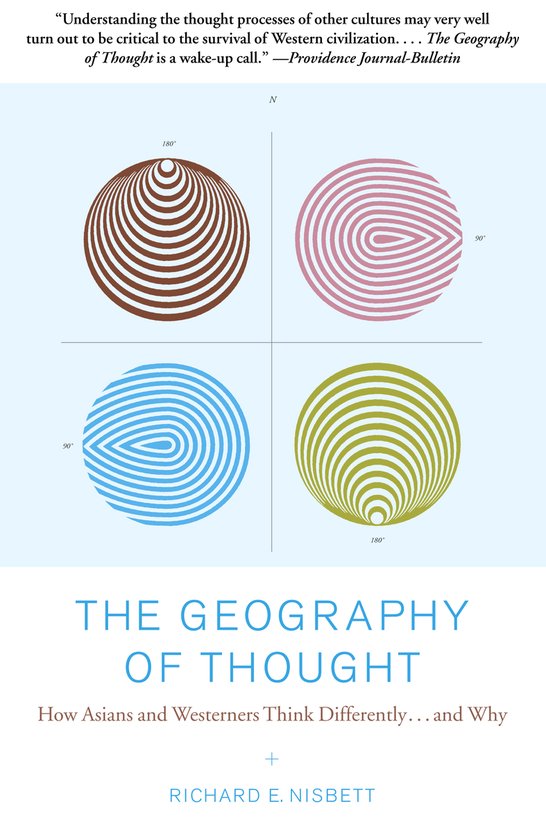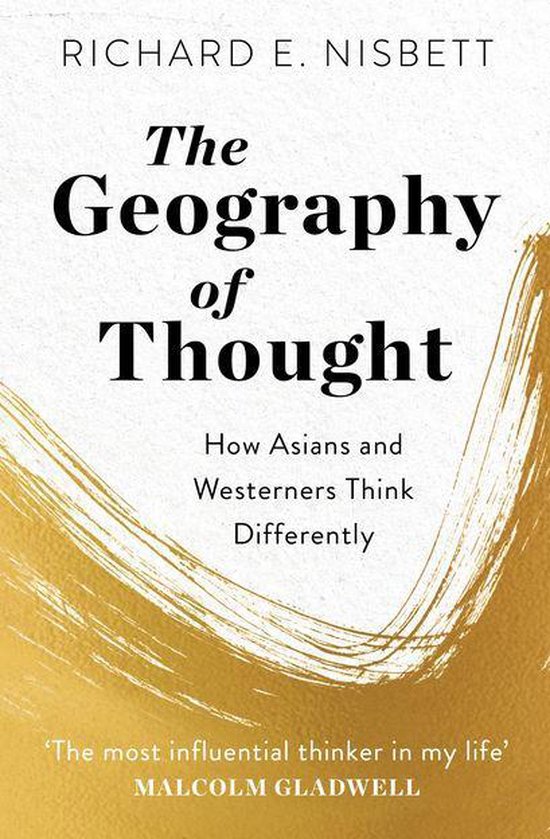
The Geography of Thought
Everyone knows that while different cultures may think about the world differently, they use the same equipment for doing their thinking. Everyone knows that whatever the skin color, nationality, or religion, every human being uses the same tools for perception, for memory, and for reasoning. Everyone knows that a logically true statement is true in English, German, or Hindi. Everyone knows that when a Chinese and an American look at the same painting, they see the same painting. But what if everyone is wrong? When psychologist Richard E. Nisbett showed an animated underwater scene to his American students, they zeroed in on a big fish swimming among smaller fish. Japanese subjects, on the other hand, made observations about the background environment -- and the different "seeings" are a clue to profound underlying cognitive differences between Westerners and East Asians. For, as Professor Nisbett shows in The Geography of Thought, people actually think about -- and even see -- the world differently because of differing ecologies, social structures, philosophies, and educational systems that date back to ancient Greece and China and that have survived into the modern world. As a result, East Asian thought is "holistic" -- drawn to the perceptual field as a whole and to relations among objects and events within that field. By comparison to Western modes of reasoning, East Asian thought relies far less on categories or on formal logic; it is fundamentally dialectic, seeking a "middle way" between opposing thoughts. By contrast, Westerners focus on salient objects or people, use attributes to assign them to catergories, and apply rules of formal logic to understand their behavior. The Geography of Thought documents Professor Nisbett's groundbreaking international research in cultural psychology, a series of comparative studies both persuasive in their rigor and startling in their conclusions, addressing questions such as: ? Why did the ancient Chinese excel at algebra and arithmetic, but not geometry, the brilliant achievement of such Greeks as Euclid? ? Why do East Asians find it so difficult to disentangle an object from its surroundings? ? Why do Western infants learn nouns more rapidly than verbs, when it is the other way around in East Asia? ? What are the implications of these cognitive differences for the future of international politics? Do they support a Fukuyamaesque "end of history" scenario or a Huntingtonian "clash of civilizations"? From feng shui to metaphysics, from comparative linguistics to economic history, a gulf separates the children of Aristotle from the descendants of Confucius. At a moment in history when the need for cross-cultural understanding and collaboration have never been more important, The Geography of Thought offers both a map to that gulf and a blueprint for a bridge that might be able to span it.
| Auteur | | Richard E. Nisbett |
| Taal | | Engels |
| Type | | Hardcover |
| Categorie | | Persoonlijke ontwikkeling & Mindfulness |




